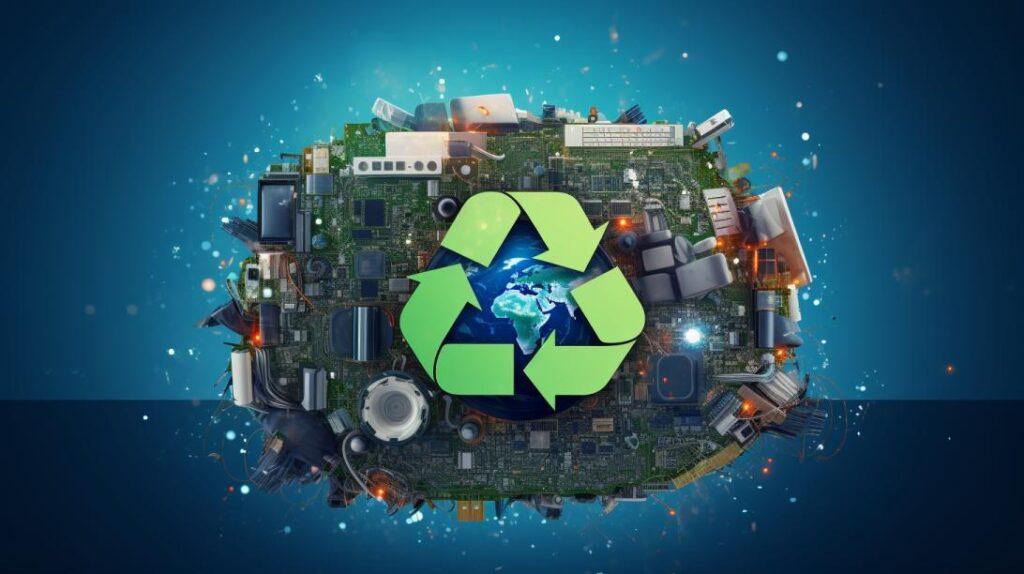Photo was created by Webthat using MidJourney
Mounting Waste Crisis and the Need for Solutions
The world faces a staggering waste crisis, with solid waste production projected to reach 3.88 billion tonnes by 2050. Plastic waste, in particular, has become a pressing issue, with over 8.3 billion tonnes generated between the 1950s and 2015.
Recognizing the urgent need for innovative waste management solutions, Mikela Druckman, the founder of Greyparrot, developed an AI system designed to revolutionize waste processing and recycling facilities.
AI-Powered Waste Analysis for Operational Efficiency
Greyparrot utilizes AI technology and strategically placed cameras in approximately 50 waste and recycling sites across Europe to capture real-time data from conveyor belts. Despite the remarkable advancements in AI image processing, training the system to recognize different types of waste remains a significant challenge.
However, Greyparrot’s AI system now tracks an astounding 32 billion waste objects annually, allowing waste managers to optimize operations and gain valuable insights into waste management.
Informing Regulations and Influencing Packaging Design
The vast amount of waste data collected by Greyparrot offers regulators a comprehensive understanding of material flow and highlights problematic waste materials. This information serves as a catalyst for improved waste regulations and also influences packaging design.
By implementing stricter rules and adopting sustainable packaging practices, it becomes possible to drive significant changes throughout the entire value chain and promote efficient resource utilization.
Advancing Packaging Solutions: Moving Beyond Recycling Myths
Troy Swope, the founder of Footprint, emphasizes the need for better packaging solutions to combat the plastic crisis. His company collaborates with supermarkets and brands like Gillette to replace plastic packaging with plant-based fiber alternatives.
The “myth of recycling” often misleads consumers, and the transition away from single-use plastics becomes critical in addressing the larger waste issue.
Tackling Recycling Transparency with Innovative Technologies
Polytag, a UK-based company, addresses the challenge of verifying plastic bottle recycling through the use of ultraviolet (UV) tags. These invisible tags are applied to bottles and can be read by Polytag machines at recycling plants.
The data, including the number of recycled bottles, is then accessible to Polytag’s customers through a cloud-based app, ensuring transparency and enabling brands to monitor their recycling efforts.
The Role of Consumers and the Importance of Conscious Consumption
While industry and policymakers play crucial roles in promoting recyclability and sustainability, consumers also have a significant impact. Mikela Druckman emphasizes that one of the most effective changes individuals can make is to consume less.
Encouraging a shift in consumer behavior and fostering a culture of conscious consumption are essential steps towards addressing the waste crisis and creating a more sustainable future.
CLICK HERE TO READ MORE ON WEBTHAT NEWS

